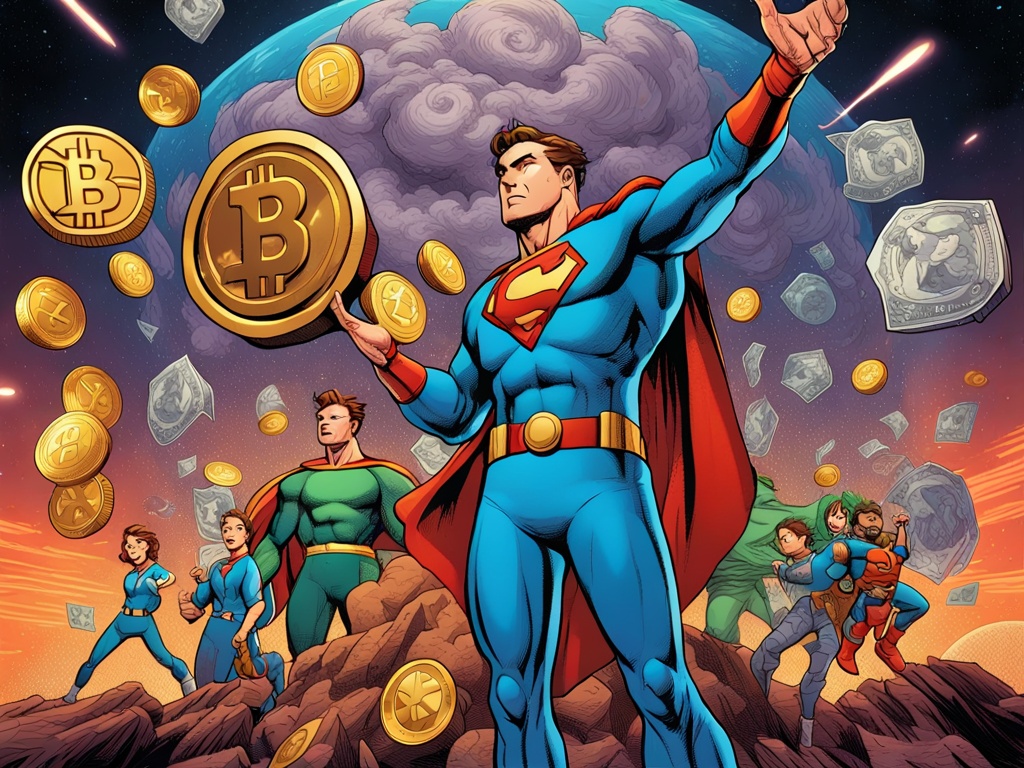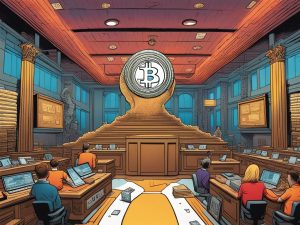⚖️ Elon Musk’s Significant Compensation Package Faces New Challenges
The ongoing saga regarding Tesla CEO Elon Musk’s staggering $56 billion pay package has met yet another obstacle. A Delaware judge has reaffirmed her stance against this compensation deal, despite efforts from shareholders to re-establish approval. The ruling underscores critical concerns about corporate governance and the influence of executives over their boards.
📝 Overview of the Court’s Decision
The Delaware Court of Chancery, led by Judge Kathaleen McCormick, has once again deemed Musk’s compensation package as unfair. Initially invalidated in January, the judge upheld this ruling despite Tesla’s shareholders’ attempts at re-validation.
🧐 Key Factors Behind the Ruling
Judge McCormick expressed concerns over the manner in which the compensation plan was structured and the potential conflicts of interest that arose from Musk’s prominent influence over the board. The ruling highlighted:
- The undue pressure Musk exerted during negotiations, leading to a flawed approval process.
- Board members appeared to have accepted Musk’s demands without exploring alternative compensation structures.
- The package was criticized for failing to meet standards of fairness for shareholders and the company.
💸 Financial Ramifications for Tesla
In addition to the compensation package being rejected, the court also mandated that Tesla pay $345 million in legal fees to the plaintiffs’ attorneys. This financial obligation can be met either through cash or shares, further complicating Tesla’s financial landscape.
⚔️ Tesla’s Stance on the Ruling
In response to the unfavorable ruling, Tesla expressed significant frustration. The company stated that the outcome implies that judicial authorities and litigation lawyers hold greater authority over Delaware corporations than the shareholders themselves. Tesla firmly believes that the voice of its shareholders should carry substantial weight in executive compensation decisions.
🔍 Path Forward: Tesla’s Appeal
Tesla has resolved to appeal the ruling to the Delaware Supreme Court, indicating that further legal confrontations will unfold over the coming months or potentially years. The uncertainty surrounding Musk’s compensation structure remains a pressing issue for both the company and its stakeholders.
⚡ Other Legal Matters Involving Musk
Amid these controversies, Musk is entangled in additional legal challenges. He recently initiated a lawsuit against OpenAI and Microsoft on claims of anti-competitive practices within the artificial intelligence sector. Musk’s arguments focus on how OpenAI’s transition to a for-profit framework, bolstered by Microsoft’s significant investment, has distorted market dynamics.
🏛️ Positive Developments in Other Legal Cases
On a different legal front, Musk enjoyed a favorable verdict in a case involving the SEC concerning the X (formerly Twitter) acquisition. The SEC had sought sanctions against him for an alleged missed meeting, which the court deemed unwarranted after confirming that Musk had covered all associated costs.
📊 Implications for Corporate Governance
The ruling raises ongoing discussions about corporate governance within major corporations. Judge McCormick’s findings stress the critical need for maintaining clear boundaries between executive actions and board independence—especially when it comes to executive pay negotiations.
📈 Shareholder Sentiment on the Compensation Package
While Tesla’s shareholders displayed considerable support for Musk’s compensation package during the re-ratification vote, the court still deemed the approval insufficient to counterbalance the inherent issues of fairness highlighted in earlier rulings.
📉 Current Status of Musk’s Pay Package
At this moment, the $56 billion pay arrangement remains void, with Tesla continuing to contest this point. The company maintains that both the board and shareholders acted within legal rights in endorsing the package, signaling a deep commitment to appealing the court’s decision.
🔥 Hot Take: The Road Ahead for Tesla and Musk
As Tesla prepares to mount its appeal while being held accountable for substantial legal fees, the outcome of this saga promises to impact both Elon Musk’s future compensation and broader discussions about executive pay norms in corporate America. The evolving legal landscape calls attention to governance practices and market fairness, illustrating that shareholders’ voices, while critical, may not always be enough in the face of complex legal and structural dynamics.





 By
By
 By
By
 By
By

